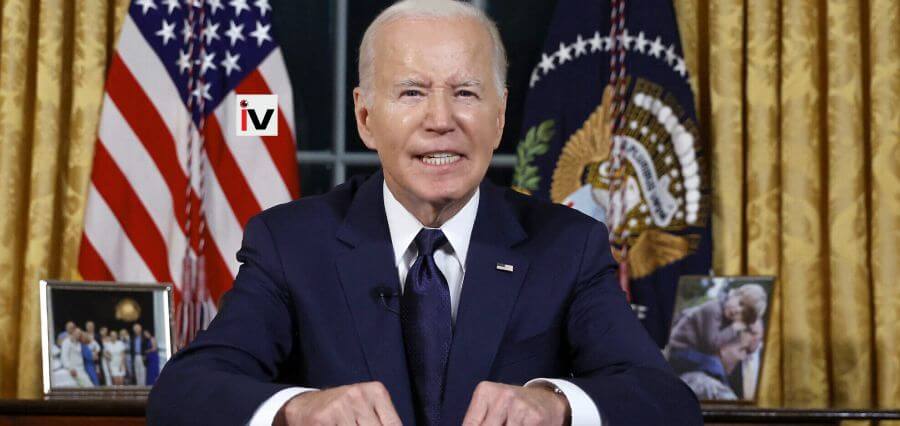Rather than targeting the auto industry, President Biden should focus on safeguarding American workers from competition with China. Last year, President Biden introduced extensive new mandates for the American auto industry, aiming to compel a shift toward electric vehicles. These ambitious Green New Deal regulations proposed that up to two-thirds of all cars and trucks sold in the U.S. market by 2032 must be EVs. However, these regulations faced strong opposition from American workers and were perceived as detrimental to consumers, prompting the administration to reconsider them. Biden’s emphasis on climate radicalism risks jeopardizing an industry that has long served as the cornerstone of the American middle class.
Instead of suffocating our auto sector with regulations, the focus should be on safeguarding them from competition with Chinese automakers, who are flooding the global market with vehicles and targeting the United States. Our auto industry is a major employer, providing jobs for over four million Americans and driving American manufacturing for decades. However, the emergence of EVs from China poses a significant threat to this vital manufacturing base, which sustains production jobs from Michigan to Missouri.
In recent years, China has risen as a dominant force in the automotive industry, surpassing Japan to become the world’s largest auto exporter in 2023. This dominance is not accidental; rather, it’s a result of strategic efforts by the Chinese Communist Party. Through the deployment of substantial industrial subsidies, theft of intellectual property, and enforced technology transfers, China has propelled its automotive sector forward.
China has successfully secured a significant portion of the global automotive market, particularly in the realm of electric vehicles (EVs) and their component parts. This reality underscores why Biden’s approach is fundamentally flawed. His EV mandates risk undermining U.S. automakers and further entrenching the industry’s reliance on components sourced from China—a scenario that American workers cannot afford.
This scenario echoes a familiar narrative. In 2000, Congress granted China Most Favored Nation status and welcomed it into the World Trade Organization. However, this decision resulted in a staggering loss of nearly 4 million quality jobs due to trade deficits. The influx of cheap Chinese imports dealt a severe blow to our manufacturing sector, leading to the closure of factories and the decline of entire communities. While it began with inexpensive consumer goods, China is now aiming to dominate high-value advanced products, including those still manufactured in America.

